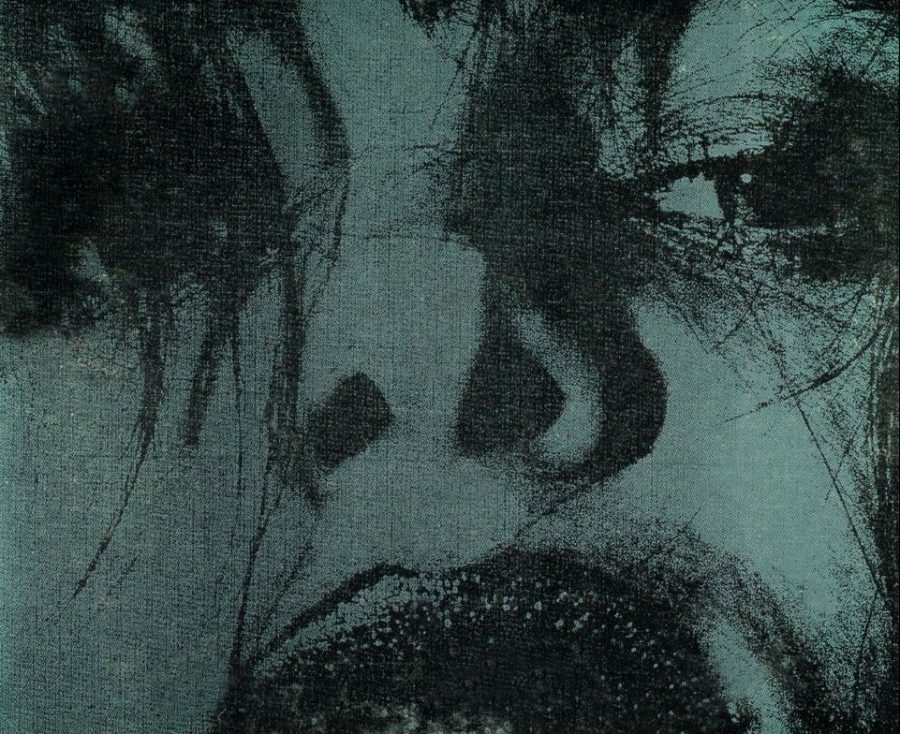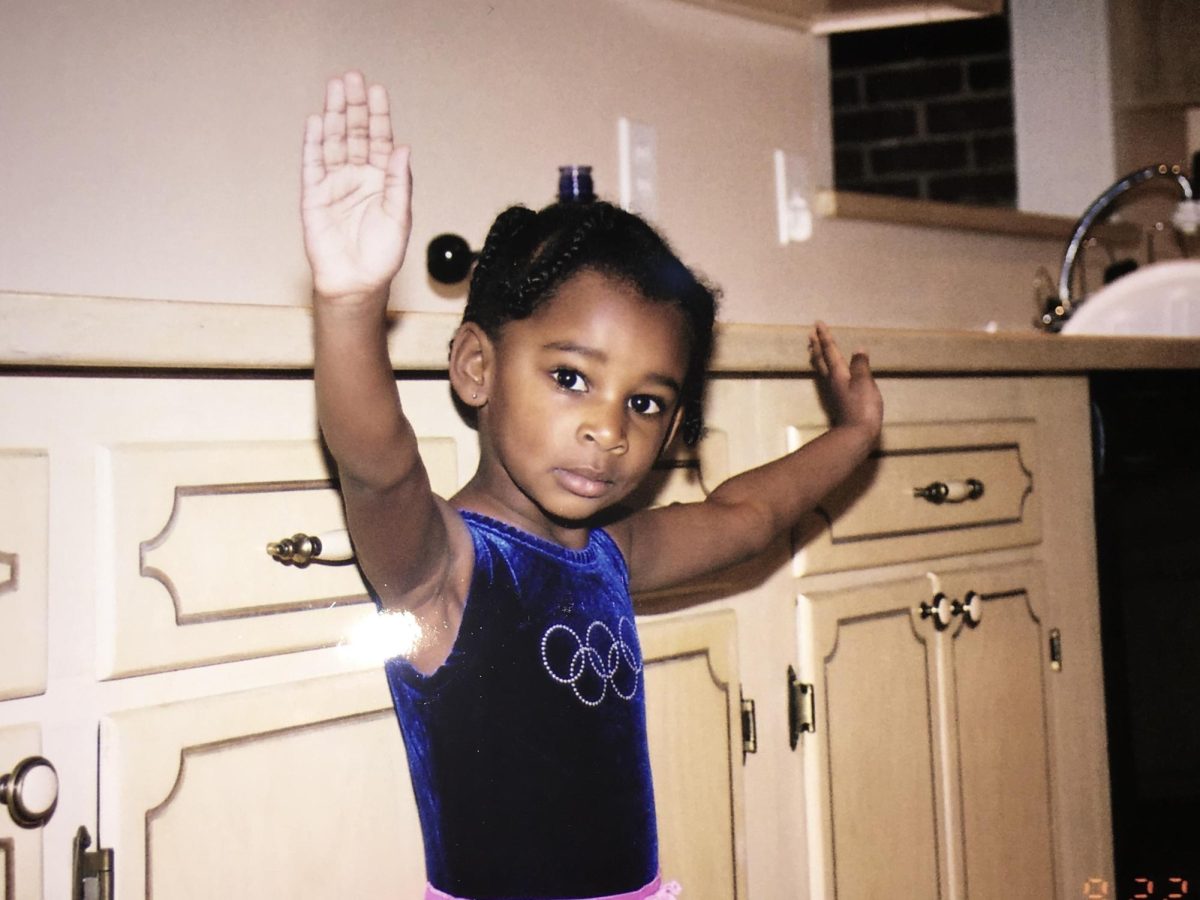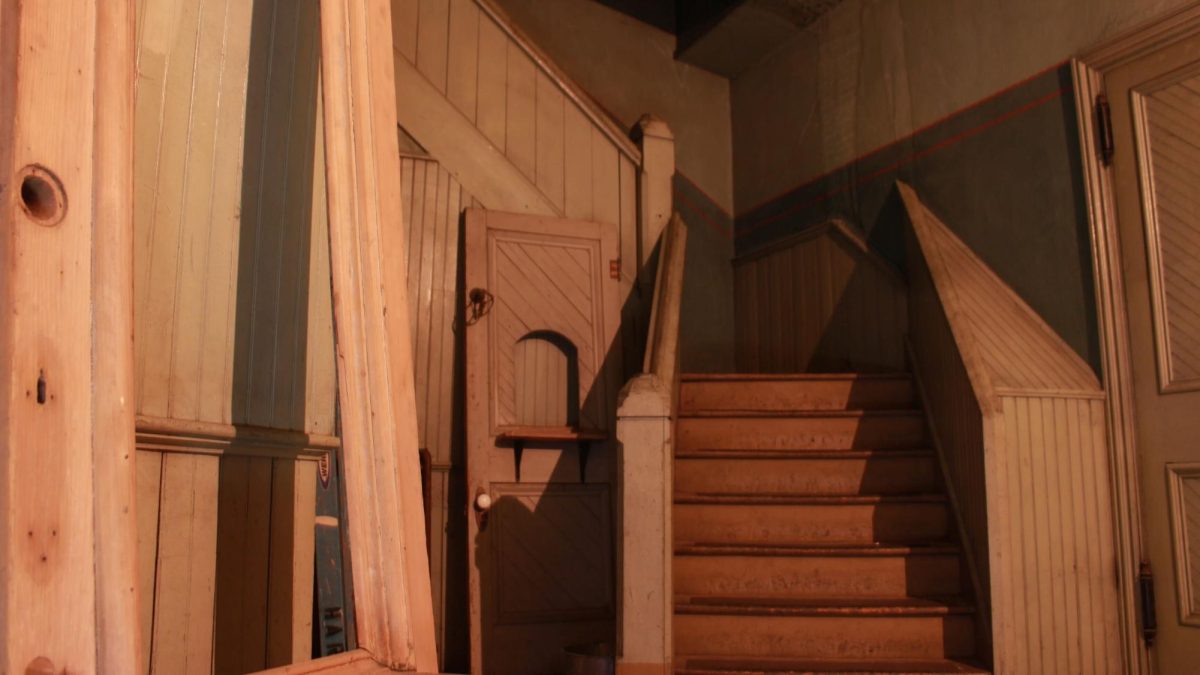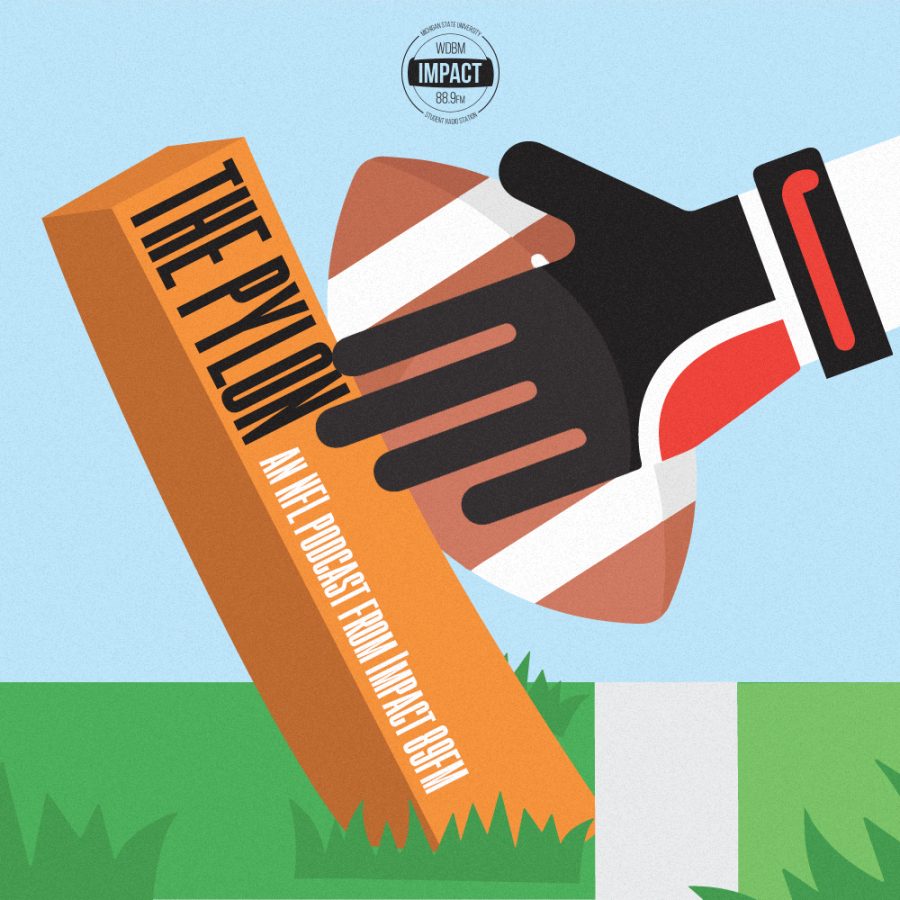Underappreciated Women in Music: Overshadowed, Influential Artists
March 31, 2021
Oftentimes, women are relegated to the sidelines in all areas of artistic expression and historical recognition. When schoolchildren open textbooks of any type, more often than not they are reading about the accomplishments of one male after another.
In music, there is a somewhat more egalitarian role occupied by artists. Performing and expression was never something that was completely robbed from women in the same way that leadership and agency was, and still is. Though women occupy more roles within the art world, I still find women in seminal bands are overshadowed by their male counterparts.
To recognize the greatness of women in music for Women’s History Month, I have created a small list of underappreciated, and overlooked women in the music industry.
Though pop-culture has suggested otherwise, without them, nothing would be the same.
Belinda Butcher – My Bloody Valentine
My Bloody Valentine is often lauded as one of the most inventive and dynamic musical acts of all time. Their chaotic and kaleidoscopic wall of sound stemming from Kevin Shields’ visionary production cemented them as the greatest shoegaze act of all time. Part of the entrancing mystique in their magnum opus, Loveless, is the androgenous, siren-esque vocals provided by Belinda Butcher. The whispered delivery creates a wonderfully cohesive, yet shimmering quality that allows for the songs to hover like a poltergeist. Butcher’s intoxicating whispers on songs like “To Here Knows When,” “Only Shallow” and “Soon” represent some of the most significant tracks in both shoegaze and music history. Performing the guitar work from Ecstasy to Tremolo E.P. while also receiving writing credits on many of the album’s most iconic songs, as well as adapting her vocals to fit a more dream-like quality, Belinda Butcher was at the center of their sound—and My Bloody Valentine wouldn’t be as fondly remembered without her.
Meg White – The White Stripes
Growing up as a child of the 2000s, I can still remember the day when I was first shown the music video for “Seven Nation Army.” Meg White’s anthemic drumming along with Jack White’s dishwater vocals and unkempt hair were an unstoppable force.
There was this inverse sense of maximalism, created seemingly out of nothing. How can a 2-piece guitarist and drummer have the energy of an entire mosh pit? One half of the equation is Meg’s drumming. Though her skills are often lambasted as “amateur”—I think that is where The White Stripes obtain their signature sound. The hard-hitting, skeletal rhythms that sucker punch from her drumsticks are just as iconic as numerous guitar licks and songs they have written. This percussive untamed beast allows for Jack White’s guitar work to be accentuated, cutting through the backdrop like a knife. Meg White and The White Stripes are musicians of auteuriship and amateurism, blended in such a dynamic way that it transcends into the former.
Valerie Cooper – Sweet Trip
Sweet Trip is one of the most beloved indie acts of the early 2000s. Something akin to the American answer for Japan’s Fishmans, this group is composed of the production and instrumentation of Roberto Burgos, as well as Valerie Cooper. Aside from Burgos’ dynamic, forward thinking and visionary production on records like Velocity:Design:Comfort and You Will Never Know Why.
What I find memorable about Sweet Trip isn’t Burgos’ off-kilter and dial-up melodies, but Valerie Cooper’s dynamic vocals. Much like a Belinda Butcher for the 21st century, her vocals are truly the main ingredient in the success of Sweet Trip. Saccharin sweet in both glitched out production and digital jangle-pop, Cooper’s voice is flexibly robust on every track. Whether it’s the hyperspace kaleidoscopes of “Dsco” and “Air Supply”, the hard-drive pop of “Fruitcake & Cookies” and “Misfortunes are Cruel”, or the granular ballads of “Dedicated” and “To All the Dancers of the World, A Round Form of Fantasy” —Valerie Cooper is one of the musical underground’s most underrated vocalists.
Yoko Ono – Plastic Ono Band
Yoko Ono is quite possibly the most loathed figure in music history, while also one of the most misunderstood. Often the scapegoat for the crumbling relationship between the Beatles’ band members, she has been derided throughout her entire life as the reason for the collapse of music history’s most iconic act. What many people don’t know however, is that much like The Beatles, Ono was a musical genius in her own right. Thanks in part to the hectic masterpieces of the avant garde Plastic Ono Band and Fly, Ono has been cemented as one of the progenitors of punk, as well as one of the most experimental acts of the 1960s and 1970s. Her vocal style is in a league of its own, balancing a menacing and demented delivery of shrieks with an energy that could not be matched on songs like “Helter Skelter.”
Cindy Wilson of The B-52’s has noted the influence of Ono, even paying homage during the breakdown of “Rock Lobster.” Ono also has an emotive and fluttering singing voice, creating images of hope and pain on records such as Double Fantasy, Rising and Take Me To The Land of Hell. Ono’s status as an avant garde artist in both the stage of popular music, as well as a member of Fluxus, has allowed her to pioneer new ways of thinking about art—both visually and sonically.


































